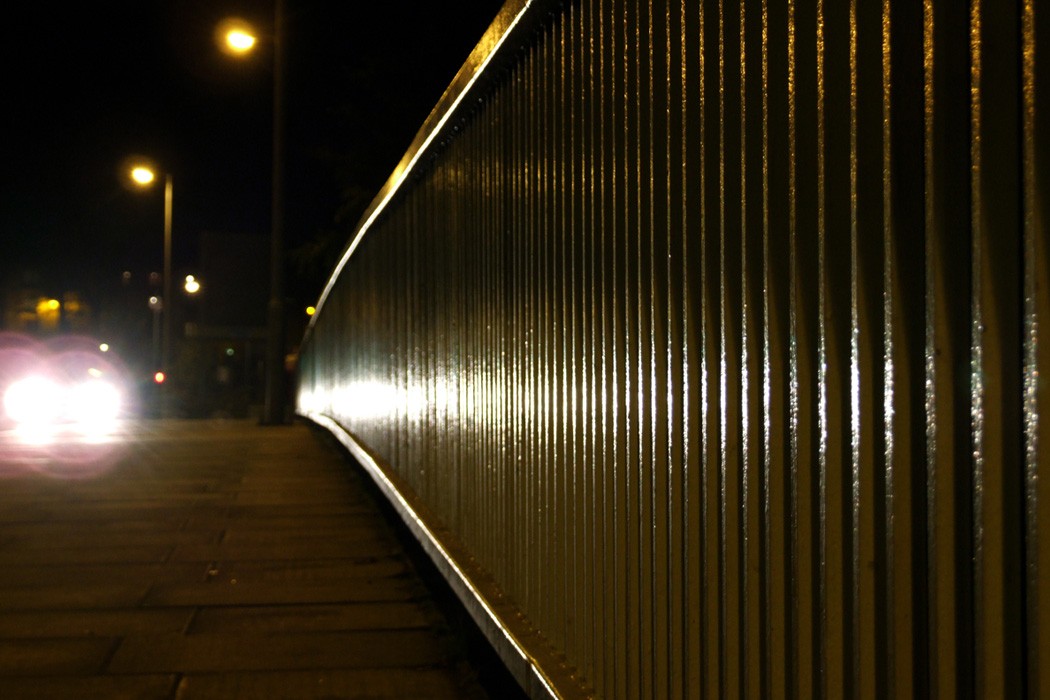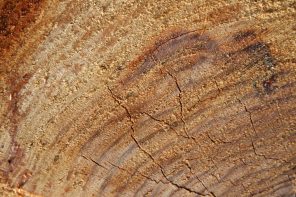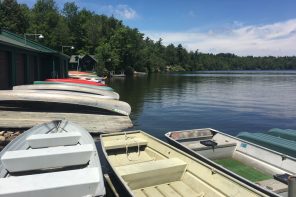The first time I got socked in the jaw it came as a total surprise. At 14 years old, I was already close to my adult height of 6’2”. I walked the streets of the small Southern Piedmont town where I grew up with no feeling of risk, not only because of my height, but because of all those other factors that made me assume home wherever I was—the privileges of gender (male), race (white), and class (middle). So when the balled fist of an African-American classmate caught me on the chin, it was something like the book that the young girl hurls at poor, deluded Mrs. Turpin in Flannery O’Connor’s “Revelation”—an unexpected violence that illuminates as it disturbs.
Not that I got that illumination overnight. It took a long time to understand that Orange, Virginia in 1977 was not what I had imagined. I had an unnatural love for the place as an eighth-grade boy. What middle-schooler pens a 50-page love song to a town? Yet looking back on it, that’s what my thinly-veiled, fictional chronicle of my life was. The place was a womb, a playground, a siren, a source of meaning and identity, as it was meant to be for boys like me.
From the perspective of the years, I now understand that there was trauma in the town. My school was integrated, but only a decade prior it hadn’t been. The racial divides had a physical expression in the landscape. There was the white side of town and the black side, and it was the latter that bore the brunt when the new highway corridor was built in the 70s. I was a child of Main Street, which went untouched, and each day I came bounding out of school and spent the hours until my father left his office roaming the streets of my beloved. Each day I passed the church which faithfully preserved the pew where Robert E. Lee sat during the winter of 1863. It never crossed my mind that there were places I wouldn’t be welcome.
But one day I walked along the new road, past the black-owned businesses and an African-American church. I didn’t know him all that well, this classmate who joined me on the new sidewalk. He was much smaller than I was, or perhaps I only remember that in retrospect, the threat magnifying my perception of my own physical presence and power.
He was clenched from the first moment I saw him. I couldn’t fathom why. I suspect that I had crossed some invisible line, unaware at that age of the symbolic freight I carried with me. So I kept walking.
He stayed at my shoulder, yelling threats that I can’t recall, probably couldn’t have recalled even at the time, because the verbal content was the least shocking element of the encounter. I was feeling his visceral anger and, surprisingly, my own deep sense of guilt and shame—for what, I didn’t know. What had I done to invoke this castigation? We shared the same classrooms. How could I not have seen this boy before? What other secrets had my beloved town shielded me from that left me half-blind, vulnerable, exposed? How could I see the dark knowledge that was, as it were, on my back, inaccessible to my sight but plainly visible to others, to this boy, to God?
Then, just below the railroad underpass, he hit me and ran off. It smarted and I remember it brought tears of pain. But I kept my feet, rubbed my jaw, and began the exercise of forgetting the moment. I had no framework to understand it so it just stayed in amber until my adult self could do the excavation. The history that bound me to him was intimate and full of bleeding wounds but too close to me to be observed, like the proverbial ocean in which the fish swims. But he provided me the first body knowledge of something profound.
I still live in a small Southern town with its own racial history, one I pray I’m becoming more attuned to. This town is changing. New Latino and Haitian neighbors are moving in and opening businesses on the town square. But the other night I walked the streets alone, passing by the confederate monument and the proud Victorian homes. The streetlights and the sidewalks are far from adequate here. I was often in near darkness. But I breathed the warm night air and could feel my neck muscles relax. Though I’ve lived here less than two years, I knew that feeling—I was beginning to feel at home.
I heard a barely-muffled pick-up truck creeping up behind me. It could have filled a person with dread to be exposed to such a sound on a dark Southern street. But as it passed I realized that I felt no such fear. After all, I’m a tall, white man in his fifties. What lies behind my back is something I have the luxury of ignoring and I rarely have to take it on the chin.




